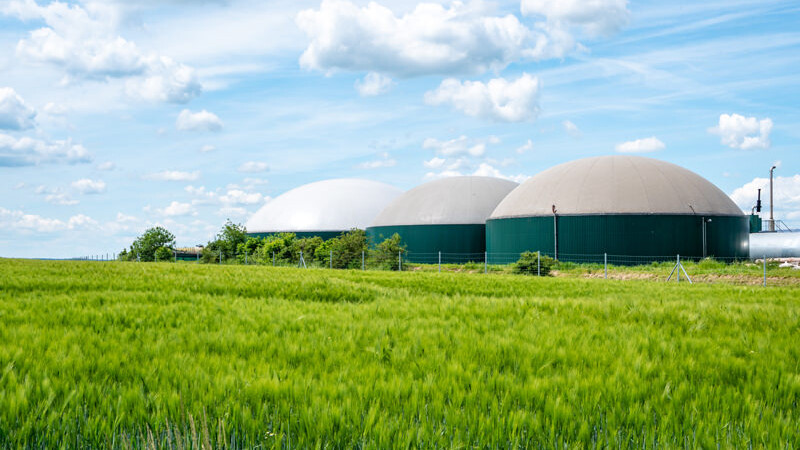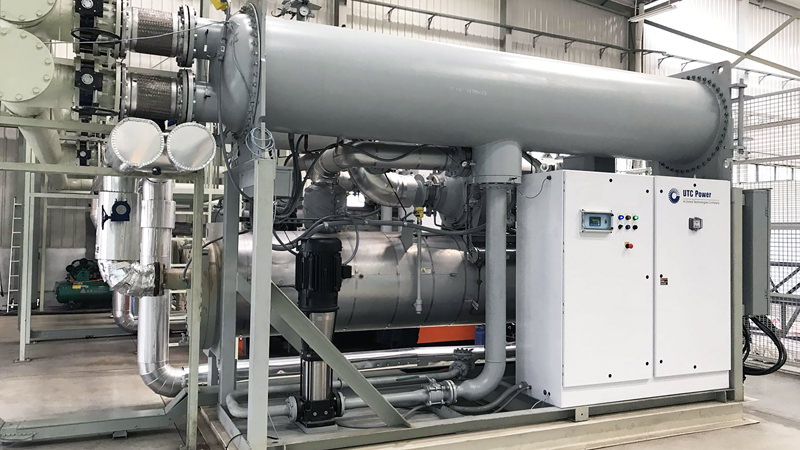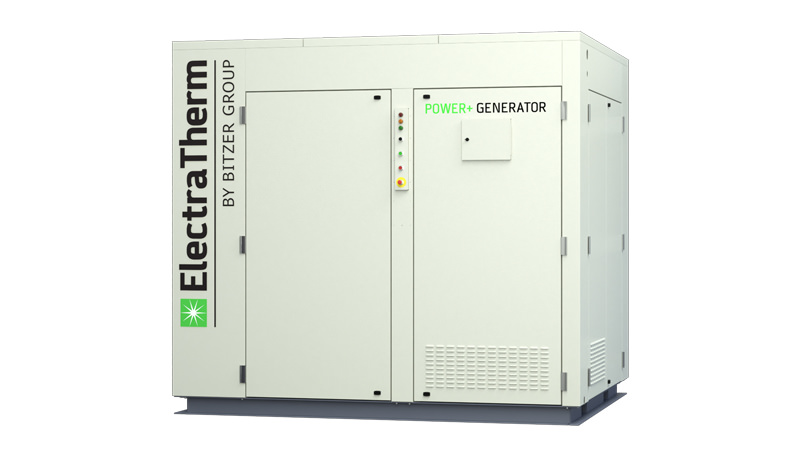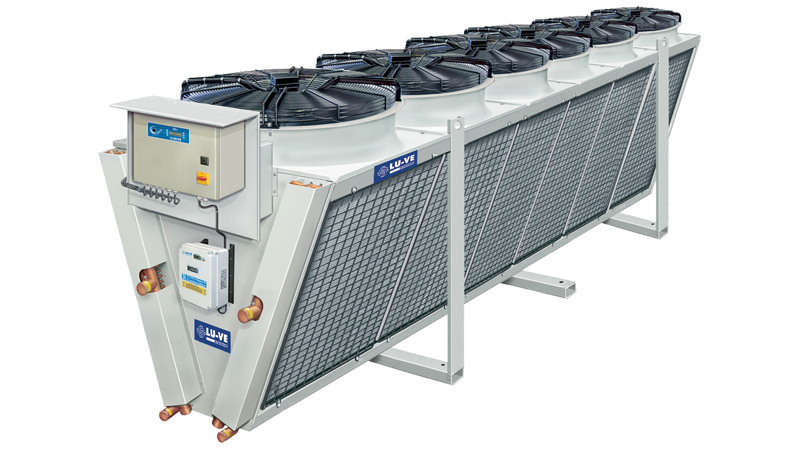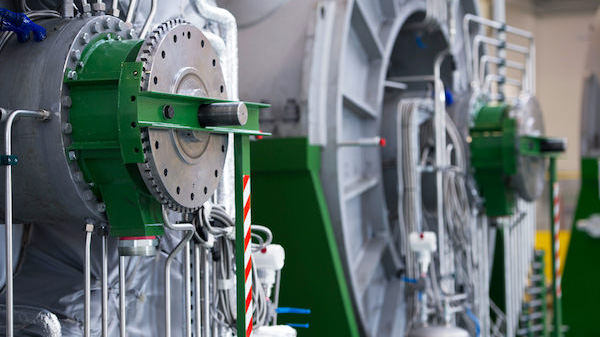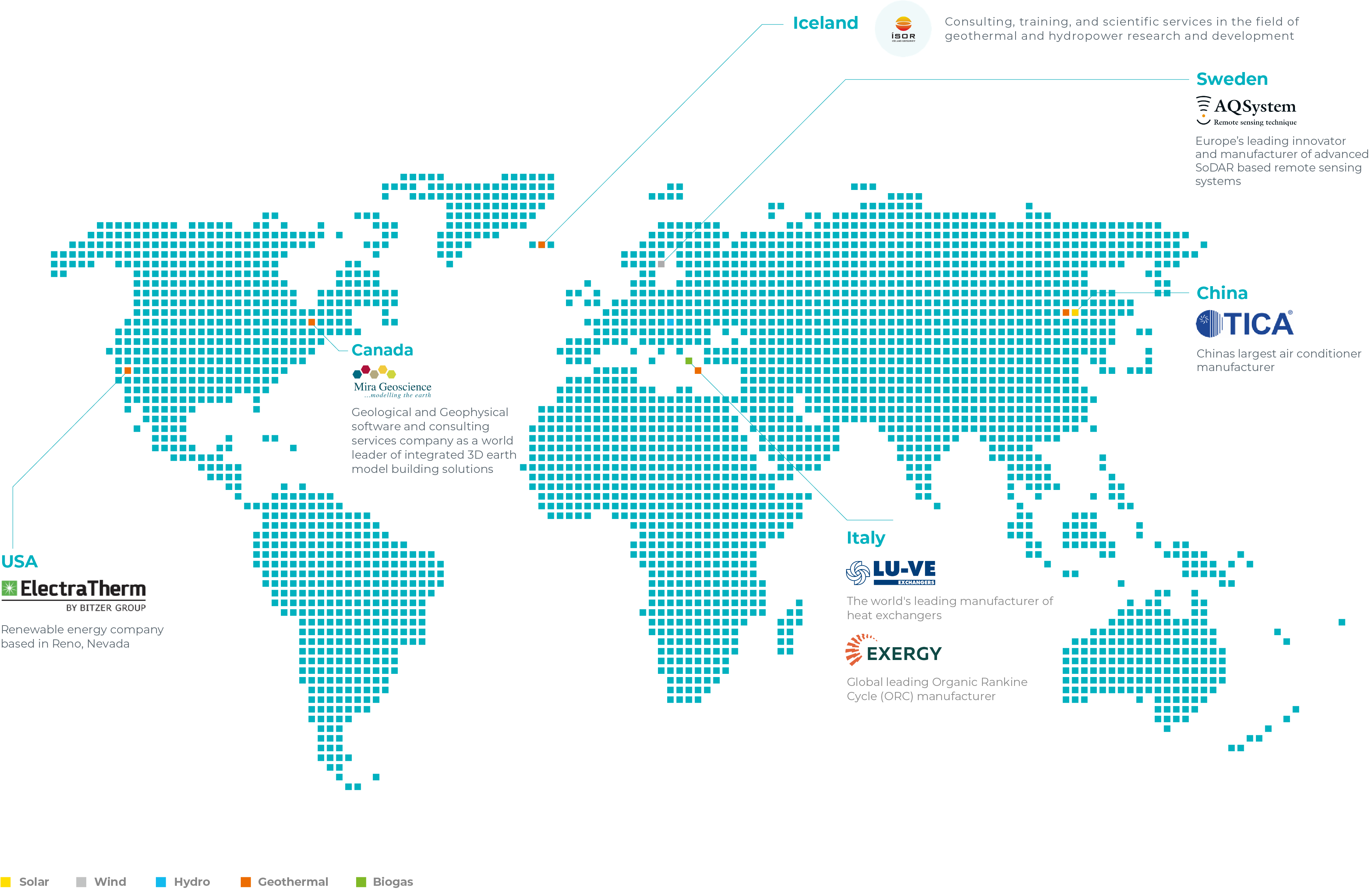5 Sources of Energy
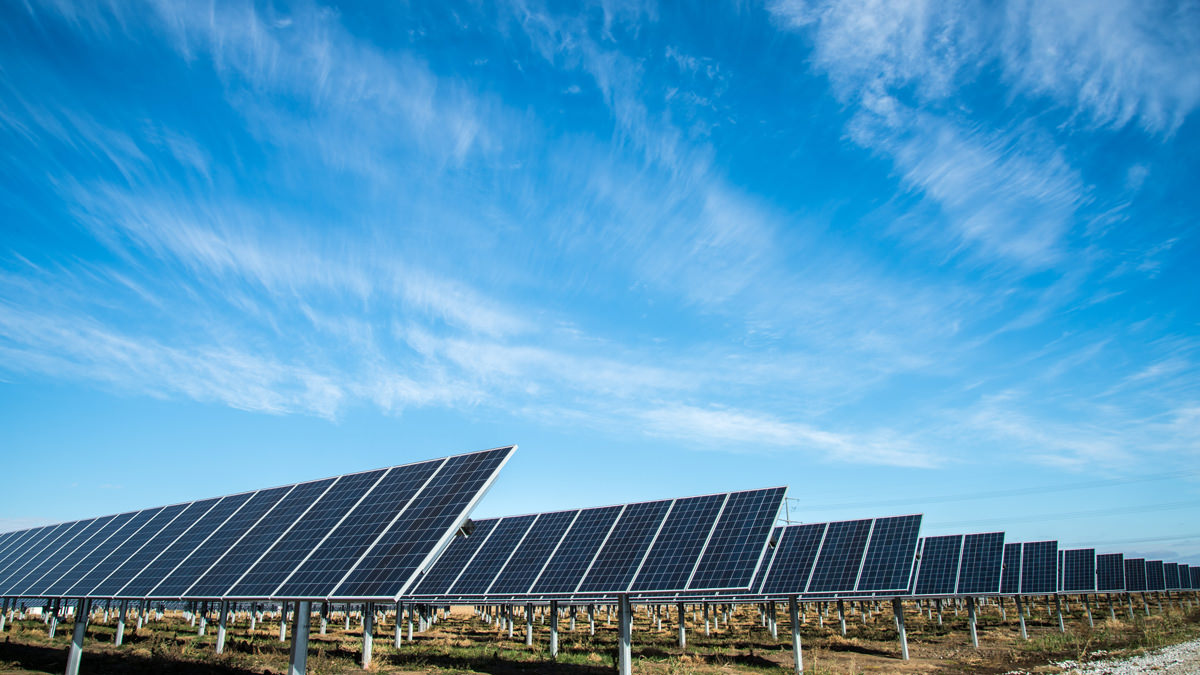
Solar
Solar power relies on sunshine, and thus is considered a variable power source with a low capacity factor of approximately 13%. GPSS aims to improve generation efficiency and power output by incorporating the best practices of engineering and construction techniques from around the globe, minimizing the cost of electricity produced.
Wind
Wind generation in Japan has been perceived as difficult due to the lack of consistent prevailing wind. The lowering of costs and gaining the trust of local stakeholders remain important issues. We aim to use our experience in running community joint ventures and combine this with the European majors' buying power and engineering expertise to develop wind farms. This is also complemented by our strengths in financing and developing projects.
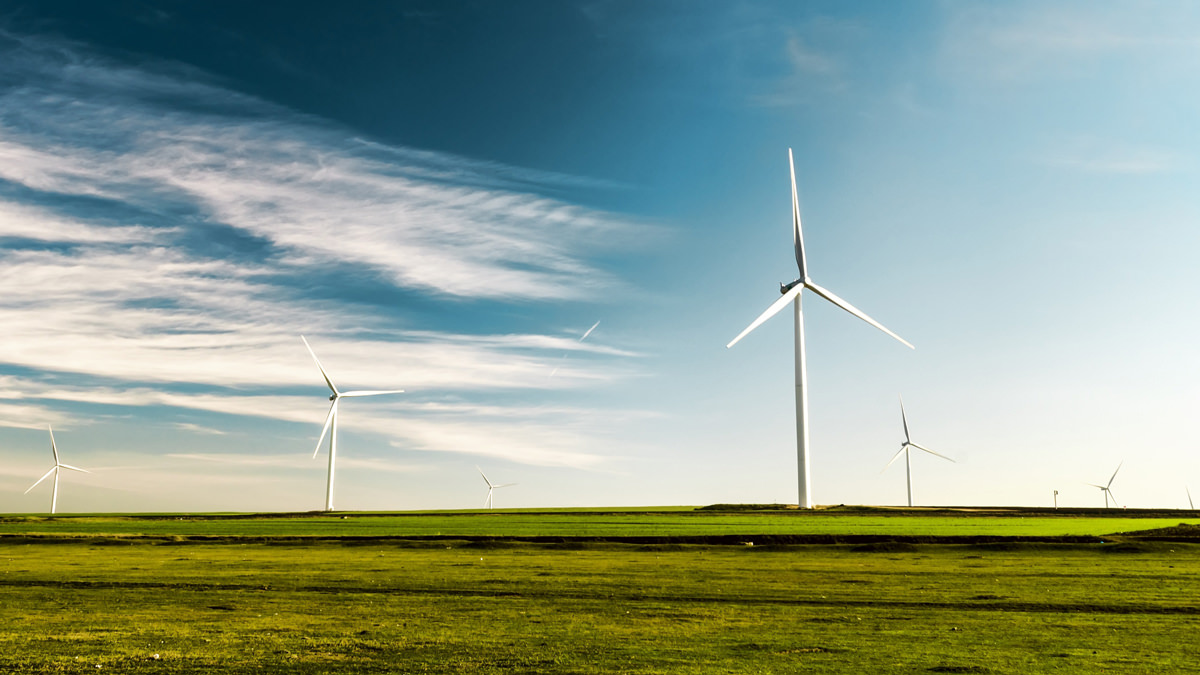
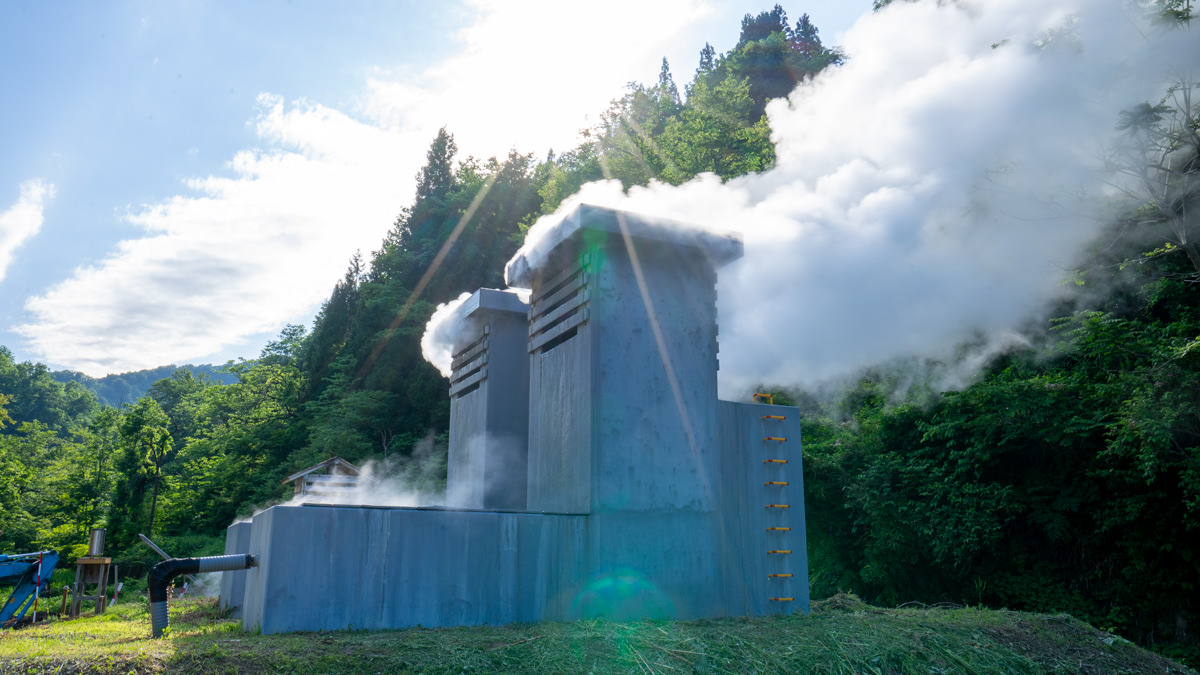
Geothermal
Geothermal energy operates as a base-load power source, running 24/7, maintaining at a very high-capacity factor, similar to nuclear power. It requires the securing of high-temperature geothermal resources. Geoscience and development teams work closely together to improve resource development efficiency. We are developing projects nationwide through forging long-term partnerships with local communities to create such generation businesses.
Hydro
Hydroelectric generation has a long history; however, smaller scale reserves have traditionally been difficult to commercialize, and thus many resources have been left untapped. By carrying out EPC internally, GPSS can lower initial capital costs, thereby allowing us to develop previously commercially non-viable projects.

